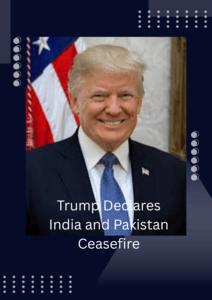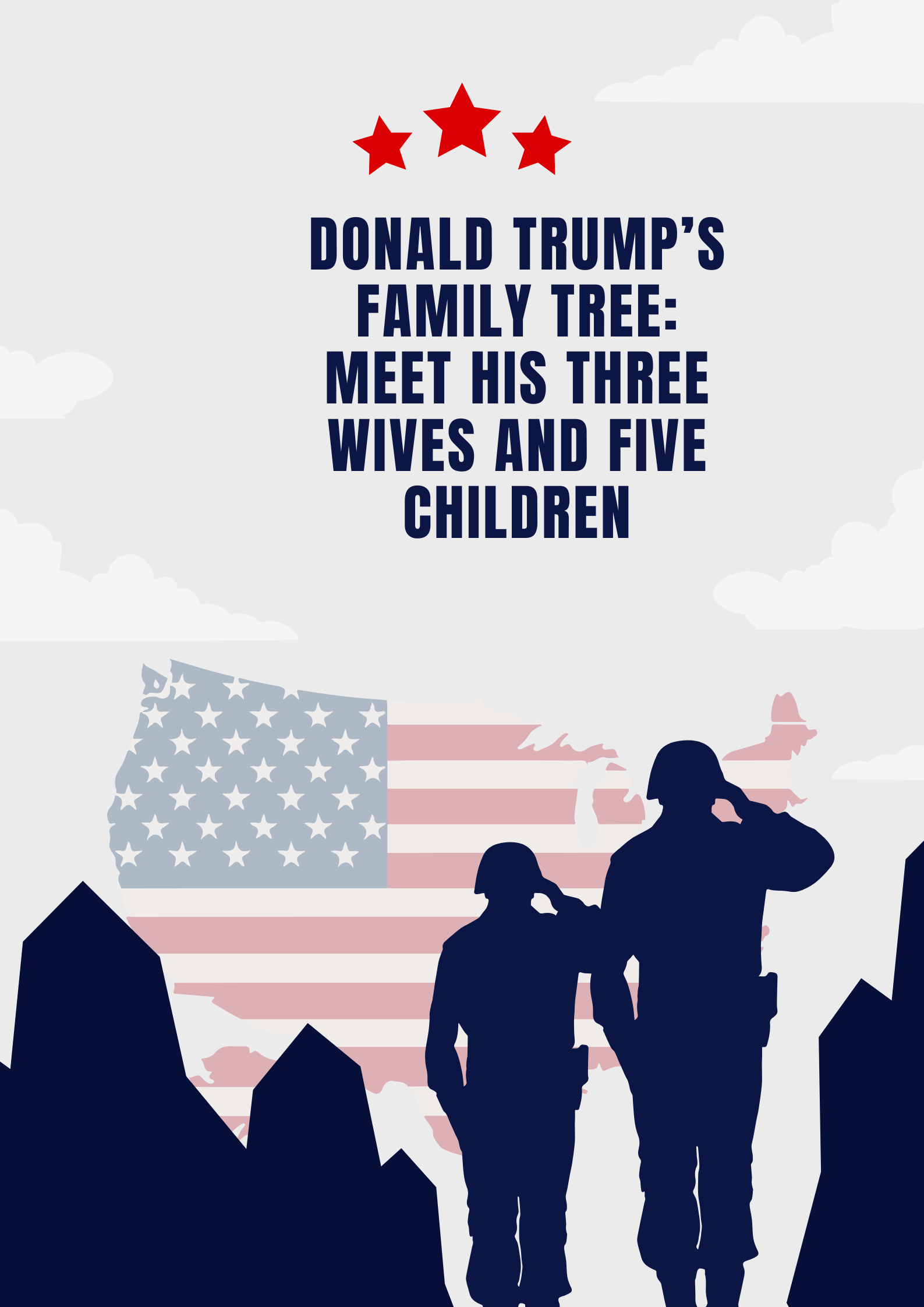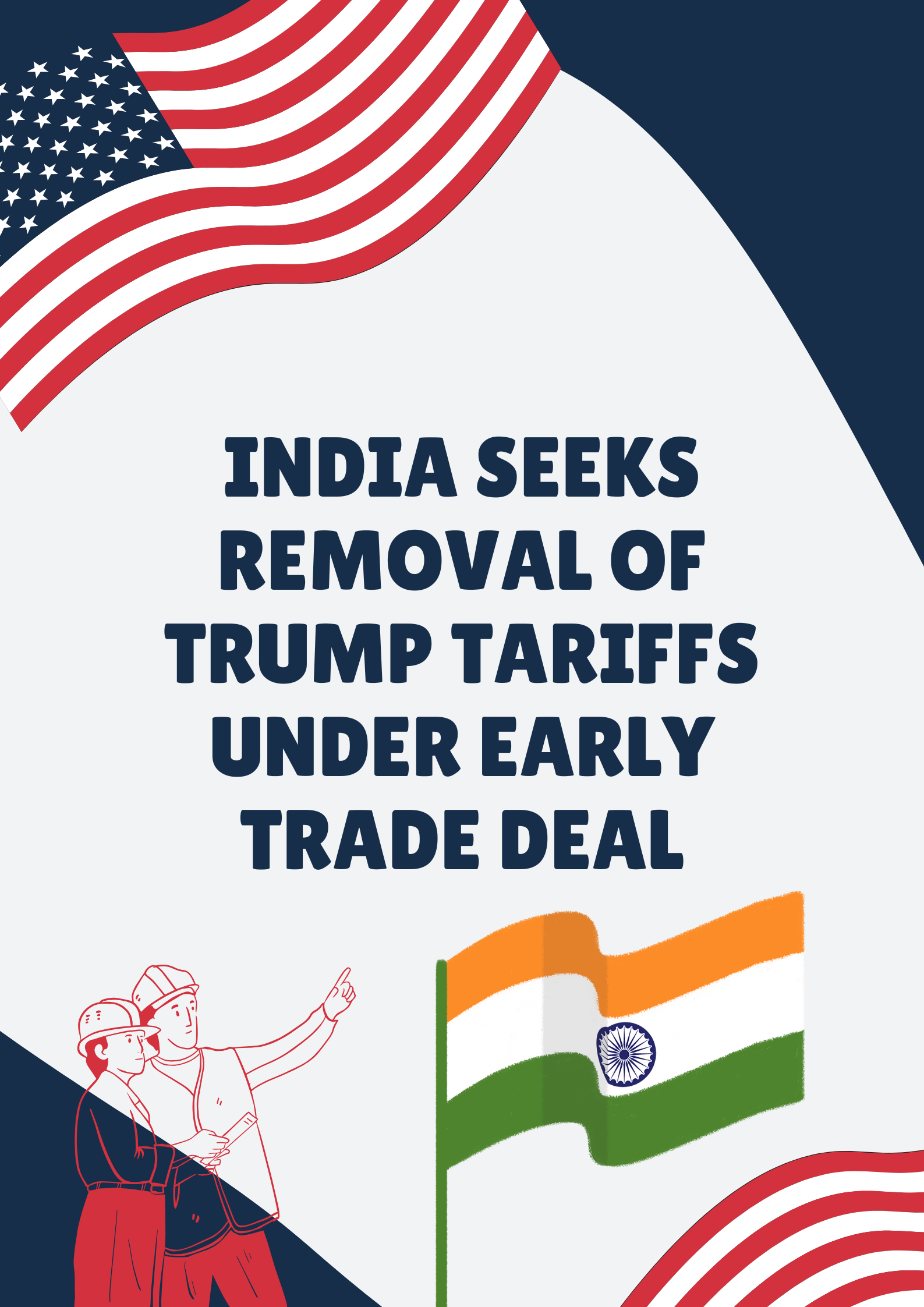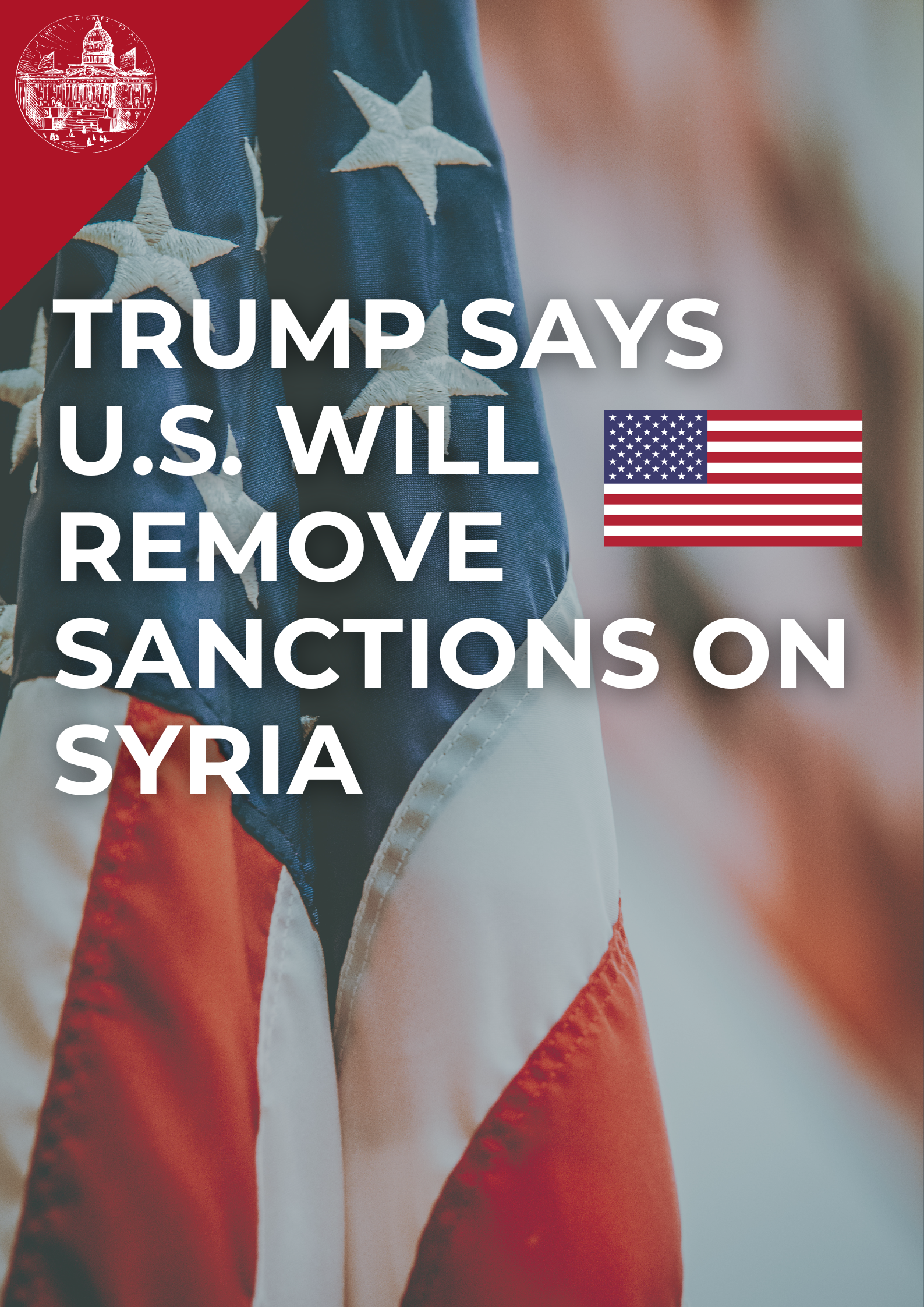In a surprising update, former U.S. President Donald Trump said that India and Pakistan have agreed to stop all fighting right away. These two countries have a long history of conflict, especially over the Kashmir region. They’ve fought several wars and often exchange gunfire at their shared border.
This new ceasefire, which means agreeing to stop attacks, could bring peace to millions of people living near the border and reduce tension in the region.
For people in the United States, this is an important international event. The U.S. has strong ties with both India and Pakistan, and peace between them could help improve security, trade, and stability around the world.
Understanding the India-Pakistan Conflict
To grasp the significance of this ceasefire, it’s important to understand the background. India and Pakistan, two nuclear-armed neighbors, have had a fraught relationship since the partition of British India in 1947. The primary flashpoint remains Kashmir, a territory both countries claim in full but control in parts.
Over the decades, the region has witnessed:
- Four major wars, including in 1947, 1965, 1971, and the Kargil conflict in 1999.
- Regular border skirmishes along the Line of Control (LoC).
- Terrorist attacks, most notably the 2008 Mumbai attacks, which further escalated tensions.
- Aerial dogfights and military standoffs as recently as 2019.
Trump’s Role and Statement
Although Trump is no longer in office, his declaration caught attention due to his previous involvement in South Asian diplomacy. During his presidency, Trump:
- Offered to mediate the Kashmir dispute (a suggestion India firmly rejected).
- Strengthened strategic ties with India, especially in the Indo-Pacific region.
- Sought to maintain a working relationship with Pakistan, particularly for cooperation in Afghanistan.
In his recent statement, Trump praised both nations for choosing peace over conflict and hinted that “American diplomatic efforts behind the scenes” contributed to this breakthrough.
“It’s a big win for peace, for the region, and for the world. This is what leadership looks like,” Trump stated.
Why This Ceasefire Matters to the U.S.
Though geographically distant, South Asia holds major strategic value for the United States. Here’s why Americans should care about this development:
1. Nuclear Stability
Both India and Pakistan possess nuclear weapons. A conflict between them could have catastrophic global consequences. The ceasefire reduces the immediate risk of escalation.
2. Counterterrorism Goals
Pakistan has been a key player in the U.S. counterterrorism strategy, particularly in Afghanistan. A peaceful South Asia creates a more stable environment for regional security operations.
3. Trade and Economic Opportunities
India is one of the world’s fastest-growing economies and a major U.S. trade partner. Regional peace increases investment opportunities and boosts global markets.
4. U.S. Indo-Pacific Strategy
India is a vital part of the U.S. Indo-Pacific alliance, which seeks to counterbalance China’s growing influence. A peaceful South Asia allows India to focus more on broader regional cooperation.
Global and Regional Reactions
The international community has welcomed the ceasefire, with cautious optimism:
- The United Nations praised the decision as a positive step toward peace.
- China, while silent on Trump’s comments, urged both countries to continue dialogue.
- American think tanks and foreign policy experts have responded with mixed views, some see it as a genuine diplomatic win, while others question the long-term commitment of both sides.
Will the Ceasefire Hold?
It’s great that India and Pakistan have agreed to stop fighting, but the big question is: will this peace last?
In the past, both countries have made similar promises to stop firing at each other, but those agreements didn’t last very long. Here’s why it’s hard to keep the peace:
- They don’t fully trust each other. Even small misunderstandings can turn into big problems.
- Terrorist groups from Pakistan have attacked India before. If something like that happens again, India might react strongly, and the fighting could start again.
- Leaders in both countries face pressure at home. Sometimes, they take tough actions to look strong in front of their people, even if it hurts peace efforts.
So, even though this ceasefire is a positive step, it won’t work unless both countries keep talking, stay calm during problems, and focus on peace, not politics or revenge.
Conclusion: A Step Toward Peace or Political Optics?
Trump’s announcement has certainly made headlines, but time will tell if this is a turning point or a temporary truce. For the U.S., a peaceful South Asia aligns with both strategic interests and global stability efforts.
As American voters and taxpayers, it’s worth paying attention to how foreign policy developments like this affect national security, global peacekeeping efforts, and international alliances. Whether or not Trump played a decisive role, this ceasefire, if sustained, could be a win for diplomacy, peace, and shared global values.











Leave a Reply